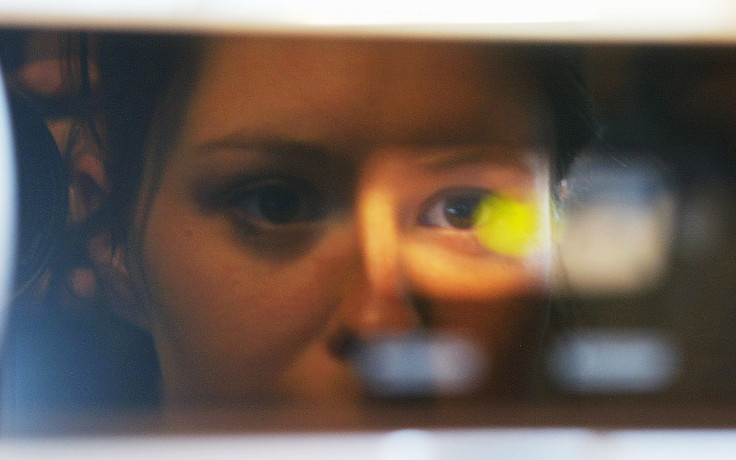Biometric Exit: Trump fast-tracks facial recognition for US airports to track visa holders
US visa holders leaving the country may soon be tracked under a new facial recognition project.

US airports will reportedly soon get facial recognition systems, designed to track visa holders as they leave the country. A new project titled Biometric Exit is slated to soon be implemented across all US airports and aims to use facial matching systems to identify visa holders boarding international flights, according to reports.
All international flights and border crossing in the US are expected to soon incorporate facial recognition.
The new project reportedly involves passengers having their photo taken just before they board their flight. The photo will then be matched against the passengers' passport-style pictures included in their visa applications. If the system finds no match, it could be evidence that the visitor entered the US illegally.
Biometric Exit is currently being tested on a single flight from Atlanta to Tokyo. However, the Trump administration's increased focus on immigration reportedly looks to expand the program to more US airports in the summer.
Currently there is no way for border security agencies to verify with biometric proof that a given visitor to the US has left the country. However, the Biometric Exit program could address that loophole. Although DHS chief Jeh Johnson planned to roll out the program by 2018, President Trump's executive order and aggressive focus on border security has reportedly expedited the process.
US Customs and Border Protection (CBP)'s director of air exit implementation Larry Panetta announced the advantages of facial recognition when he spoke at the Border Security expo last week.
"Facial recognition is the path forward we're working on," The Verge quoted Panetta as he spoke at the conference. "We currently have everyone's photo, so we don't need to do any sort of enrollment. We have access to the Department of State records so we have photos of US Citizens, we have visa photos, we have photos of people when they cross into the US and their biometrics are captured into [DHS biometric database] IDENT."
However, according to a recent report by US Government Accountability Office (GAO), the CBP's four Biometric Exit system pilot programs face "planning, infrastructure and staffing challenges", which the watchdog said must be addressed before deploying a full-fledged system at airports, NextGov reported.
The GAO report also reportedly revealed that as of November 2016, the CBP was yet to properly evaluate a biometric exit pilot conducted at Atlanta's Hartsfield-Jackson International Airport, which required passengers to scan their boarding passes on a tablet that also took pictures of their faces. Yet another pilot conducted at the Southwest border required travellers to submit to facial and iris scans. However, the CBP reportedly found that heavy storms and dust could stymie the system.
Experts have also raised concerns about possible bias in facial recognition systems. "DHS needs to think long and hard about bias in these systems before it starts deploying them on a massive scale," Alvaro Bedoya, who studies facial recognition at Georgetown Law's Center on Privacy & Technology, told The Verge.
Bodeya also raised concerns about how such tools could bring about a substantial change in law enforcement powers at airports. "Right now, other than the no-fly list, you do not have law enforcement checks on who can fly," Bedoya said. "But once you take that high-quality photograph, why not run it against the FBI database? Why not run it against state databases of people with outstanding warrants? Suddenly you're moving from this world in which you're just verifying identity to another world where the act of flying is cause for a law enforcement search."
A CBP spokesperson told The Verge that Biometric Exit project would benefit travellers while also adhering to the 1996 Congressional mandate for Biometric Exit."CBP is committed to deploying a system that provides biometric exit data on non-U.S. Citizens in a way that doesn't disrupt air, sea, or land port operations," the spokesperson said. "CBP remains committed to protecting the privacy of all travelers."
© Copyright IBTimes 2025. All rights reserved.






















